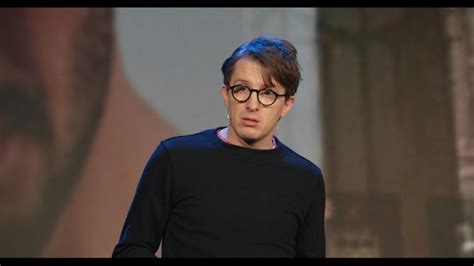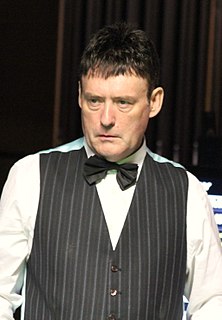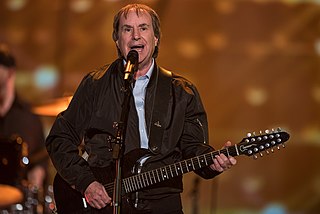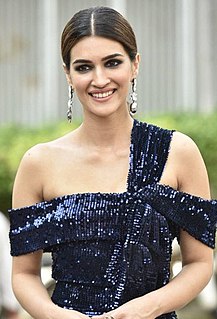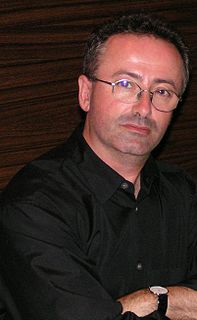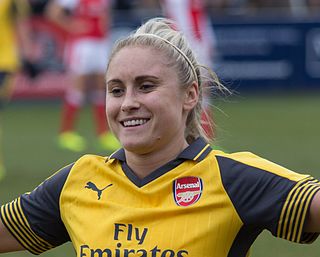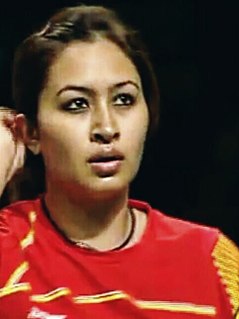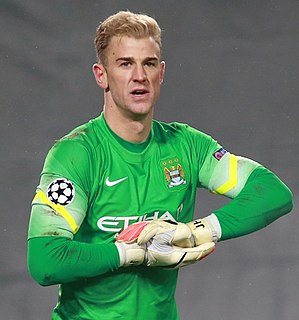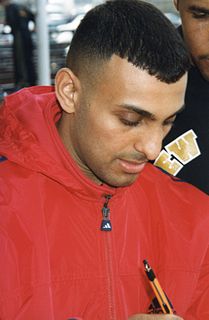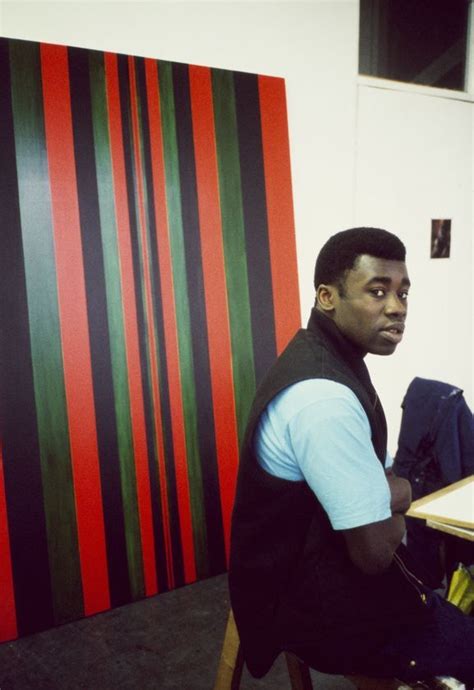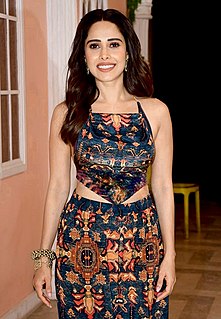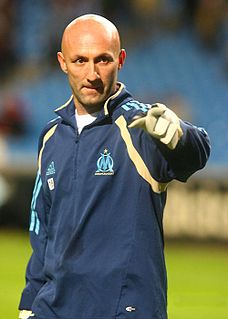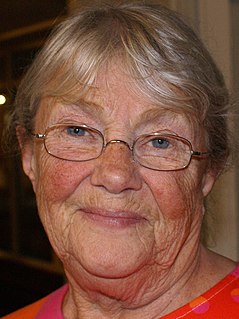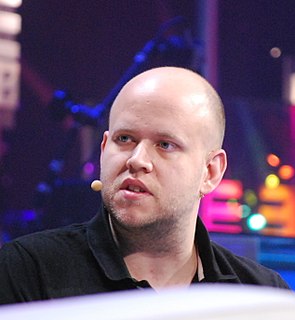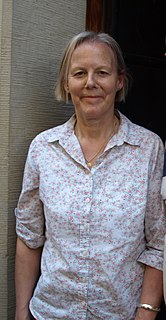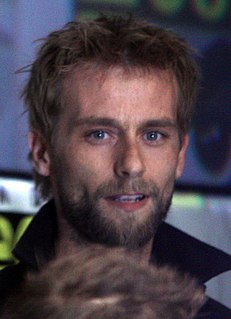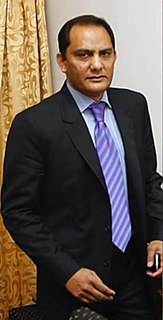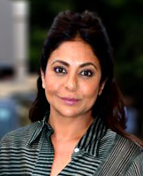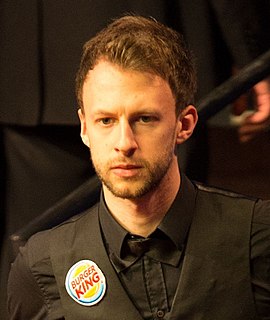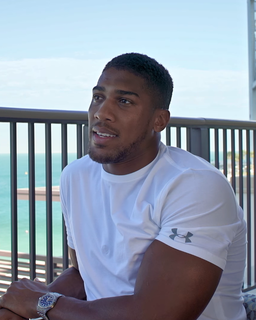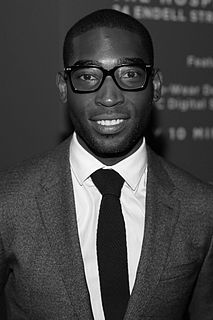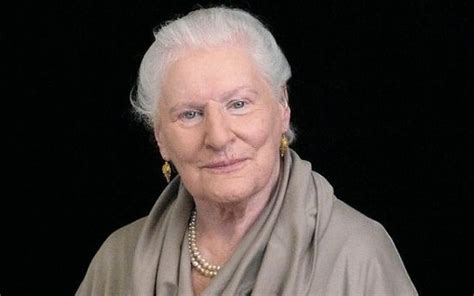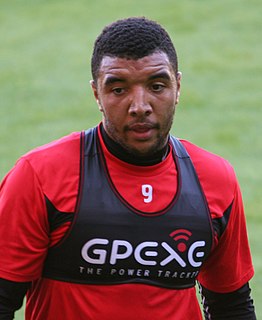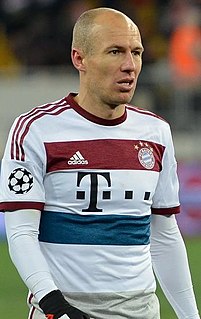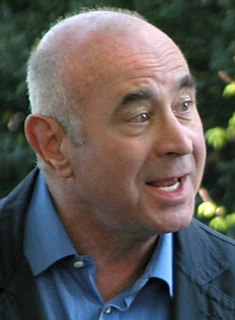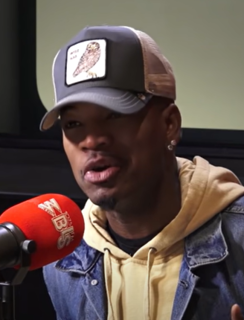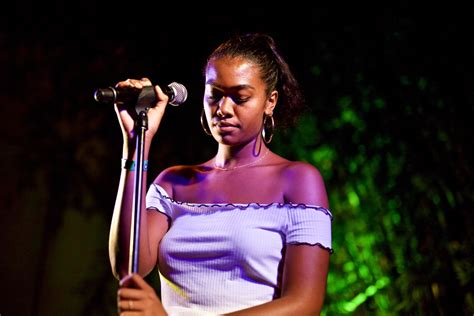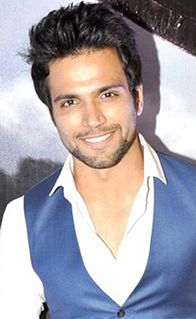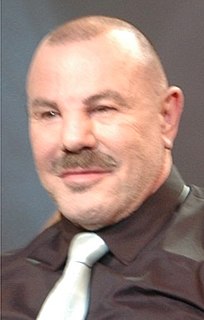Top 1158 Realised Quotes & Sayings - Page 17
Explore popular Realised quotes.
Last updated on September 19, 2024.
I was a very outgoing guy. I loved roaming around, hanging out with friends. From class 5th, I practised and learnt martial arts for about 7-8 years and have won medals at the national level. Then I trained in dancing on stage. In class 10th, I acted in my first play, and that's when I realised I wanted to become an actor.
My dad was in the Indian Army. He died in a terrorist attack in Kashmir in 1994. After that, my mum and I settled in Noida. I went to Delhi Public School in Noida and then to Shri Ram College of Commerce in Delhi University. It was in college that I realised I wanted to be on the stage and in front of the camera.
I woke up one morning to an email from my friend Alex that said she'd had her bag stolen. Ordinarily, I'm quite quick on the uptake, but - maybe because of the way it was worded - I immediately replied, 'What??????' As soon as I hit send, I realised I was being scammed. But then they replied, and I thought, 'Well, why not?'
From having no money and coming from a very proud working class family, it was tough. But then all of a sudden we had loads and loads of cash. I realised that this was a great opportunity to do what I love for a living. I was going to tournaments up and down the country and I was able to win anything from five to seven thousand pounds.
In my 20s, I got into giving people massages and realised I was able to encourage their bodies to heal by passing my hands over them. I'd never describe myself as a faith healer - it's just that if someone believes in this type of healing, I can help release whatever blockage it is that's preventing them healing themselves.
When I started doing advertisements, I really enjoyed the whole process of shooting, and I realised that I could do the little bit of acting required quite easily. My directors also told me that I have a flair for acting and that I should polish it and try for films. Then I thought I probably had it in me - why not give it a shot?
I think I was a feminist before the word was invented. By the time I came across feminist books by American or European writers, I realised that there was an articulate way or a language to express all these feelings that I had had for years and years and so I became a raging feminist as a young woman.
There are no risk in Love, as you'll find out for yourself. People have been searching for and finding each other for thousands of years. Suddenly, he realised that the might be wrong. There was always a risk, a single risk: that one person might meet with more thatn one Soulmate in the same incarnation.
The weird thing is that 'Maestro' has somehow improved my DJing. When you've been in this music as long as I've been, you can sometimes become jaded. And when I got back from 'Maestro,' I realised the music is being kept in time for me - all I have to do is to wrap as much dynamic around it as I can. DJs don't realise how lucky we are.
I have been brought up in a culture where capital punishment is indeed anathema. I have always thought of myself as a principled opponent to capital punishment. However, when thinking about how the topic is handled in other cultures, in particular the American, Russian and Chinese ones, I have realised that my own tack on the issue was utterly superficial.
So when people used to call me 'chinki' I thought that okay maybe my mother is Chinese so they are calling me that. It was only in my 20s, when I travelled to the north-east that I realised that it was racist and that the north-easterners were called this and they were not considered Indians just because of the way they look.
I was listening to a lot of hip hop, music like Public Enemy that was about raising consciousness, and I realised I could feed that directly into my work, using images in a way that was a bit like sampling - taking images from diverse places, exploring the contradictions without trying to hide the seams.
Frankly speaking, during the making of 'Sonu Ke Titu Ki Sweety,' we never realised that the movie is going to be such a hit and that it will change our lives so much. There have been movies which have done really well at the box office, but rarely do we have movies where actors get so much love and adulation from their fans.
You get tough when you grow up unloved. People described me as a boyish girl - rather shy, but I didn't show it. I had an attitude. I was rather wild. I lied a lot because I knew the alternative was to be punished. As I got older I realised I didn't have to lie any more and it was a nice feeling. I could be myself.
I never thought about writing a novel until I was 13, and that happened by chance. I was on school holidays, and I was bored, and I thought I just wanted to do something to occupy myself instead of asking, 'What can I do, mum? Entertain me.' I started, and it really just took over, and I realised, 'Wow, this is an amazing experience.'
As I got older, I realised that people saw me as other things - sometimes Korean, sometimes Japanese, sometimes just Asian. When my family moved to a more affluent white neighbourhood, I started to see myself as 'other', this amorphous category. I didn't even know what 'not other' was, but I knew I wasn't it; I wasn't what was normal.
I feel very grateful for the way I was brought up. I did not realise it then, but as I grew older and started writing and realised the material that was there was very strong, I felt very grateful that my life was complicated and that my identity was never clear but put me in a position that was always questioned.
I remember going through school and doing art, which was the only thing that I actually found fulfilling, and I couldn't really figure out why. Then I got into college and started messing around with photography, and I realised that it was about getting the images that were in my head out in a way that didn't have to be spelt correctly.
My eyesight had always been good but at school I went swimming one day and the chlorine affected me badly. I was almost blinded for two weeks and from there things deteriorated. Then at the World Championship in 2007 I realised I couldn't see the back of the pocket. It was one big blur. My first two seasons as a pro it was dreadful.
There is no satisfying the senses, not even with a shower of money. "The senses are of slight pleasure and really suffering." When a wise man has realised this, he takes no pleasure, as a disciple of the Buddhas, even in the pleasures of heaven. Instead he takes pleasure in the elimination of craving.
Time allows change to take place and the very evolution of the universe is what requires some conception of time. Mathematically can we write down a universe that doesn't have time? Sure. Do we think that would be realised in the larger reality that is out there? None of us take that possibility seriously.
When I took over as president, I studied the Constitution, and the more I studied it, the more I realised that it does not prevent the president of India from giving the nation a vision. So when I went and presented this vision in Parliament and in legislative assemblies; everyone welcomed it, irrespective of party affiliations.
My glasses are from Cutler & Gross. They're not prescription: I just love wearing them. I used to wear Ray-Ban a lot and then I realised that a lot of the things I've started going for are a little bit more refined. I liked the fact that I was supporting a British brand, somebody I could have a relationship with and people that I could talk to.
The character is everything that I felt really strongly against - she's superficial, materialistic, vain, amoral. She's all of these things, and I realised that I really hated her. How do you play someone that you hate? But I found it really interesting and it gave me a whole new insight into what my job, or my role as an actress, could be.
The extension of power offered by a pony, the ease and speed of movement, the tapping of unsuspected courage, the satisfaction of collaboration with another creature and of controlling it in order to improve the collaboration, the joy of fussing over it - of loving it - these, from the age of about eight to sixteen were the most completely realised delights of my life.
I was so tired, wasn't having fun any more, and wasn't sure if I wanted to do this any longer. So I turned my phone off and sorted my head out. It was the opposite of a breakdown really, it was a break-up - I got rid of all the idiots, realised my job was supposed to be fun, and got on with my life.
In my youth-team days, I was always a left-winger who would stay close to the byline and put crosses in the box, so I could never cut inside and shoot. It was only when I joined Real Madrid and started playing in a more central position, and then on the right wing, that I suddenly realised I had a really dangerous weapon.
I always tell the story of 'Irreplaceable.' I initially wrote 'Irreplaceable' with myself in mind, with plans of it being my record. I love that record; however, what I realised about that record was that though given the circumstances of that situation - men and women are not that different - when you sing about it, it changes things, you know?
I only realised why I keep living in Shepperton when I returned to China. All the people who moved there had come from places just like Shepperton, and so they built and lived in houses exactly like these. I now know I was drawn here because, on an unconscious level, Shepperton reminds me of Shanghai.
We wanted to describe society from our Left point of view. Per had written political books, but they'd only sold 300 copies. We realised that people read crime and through the stories we could show the reader that under the official image of welfare-state Sweden there was another layer of poverty, criminality and brutality.
I realised I was living in my own universe with lots of assistants. I didn't have a cell phone; I didn't know how to use a computer. Everybody was doing everything for me. So I left and moved to New York. It was the end of an era, and I must say I found myself a bit lost. I wasn't in the protected Mugler universe any more.




